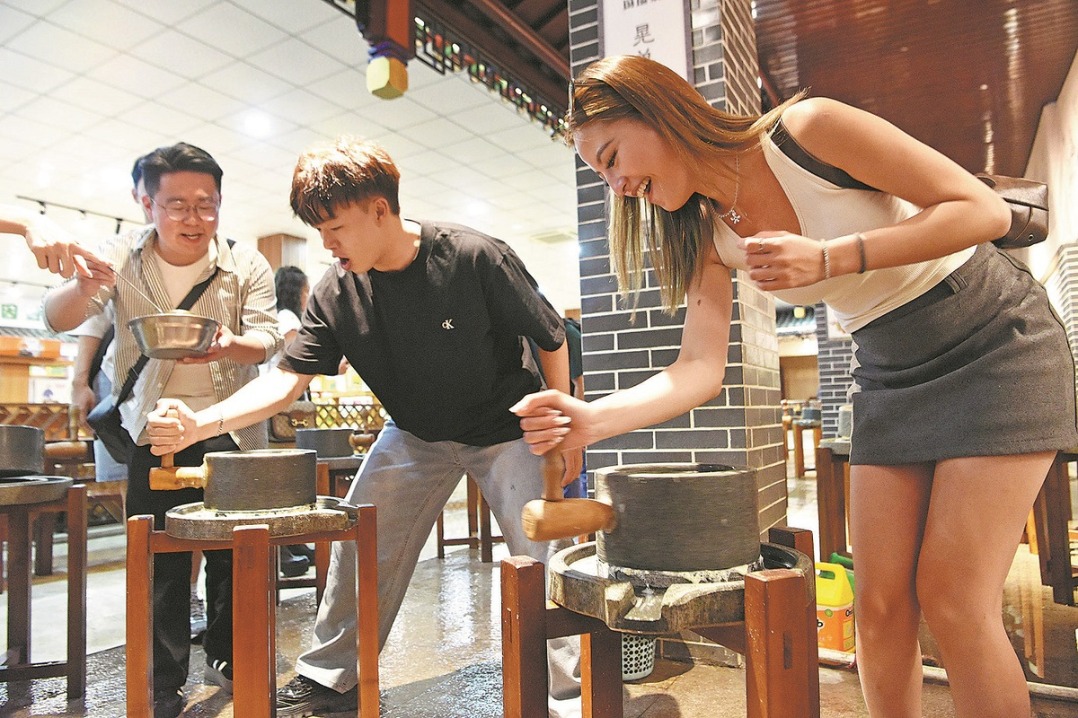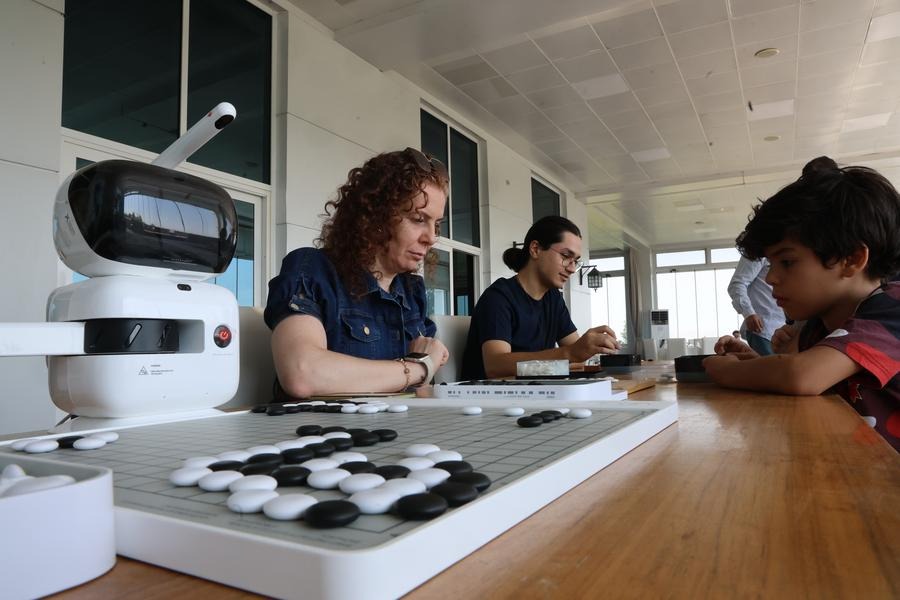Turkiye's biggest lake shrinks due to drought

VAN, Turkiye — Shepherd Ibrahim Koc recalls his youth with fondness as he grazes cattle on a barren field that was once lush with vegetation on the edge of Turkiye's largest lake.
An occasional shrub marks the spot from where Lake Van has retreated over years of global heating and drought.
"The animals are thirsty," the 65-year-old lamented. "There is no water."
Koc's remark echoes sentiments expressed by a growing number of Turks who have watched their mountains lose ice caps and their water reservoirs dry up.
A weather map of Turkiye — an agricultural giant stretching from Bulgaria in the west to Iran in the east — shows much of the country suffering from a prolonged drought.
Shrinking shorelines are exposing lake beds that pollute the air with a salty dust. Scientists fear the problems could only grow worse.
"I think these are our good days," Faruk Alaeddinoglu, a professor at Van Yuzuncu Yil University, told Agence France-Presse. "We will witness the lake continuing to shrink in the coming years."
Lake Van covers about 3,700 square kilometers, reaching a maximum depth of 450 meters. Its surface area has shrunk by about 1.5 percent in recent years, according to measurements Alaeddinoglu carried out last fall.
In the Celebibagi neighborhood on the lake's northern shore, the water has receded by about 4 km.
A long walk along the exposed lake bed is littered with bird bones, craggy bushes and dried dirt covered with sodium and other minerals.
"We are walking in an area which was once covered with the lake's waters," said Ali Kalcik, a local environmentalist. "Now, it's a barren land without a living thing."
Alaeddinoglu blamed the continuing water loss on rising temperatures that result in "less precipitation and excessive evaporation".
Nearly triple the amount of the lake's water evaporates compared with the water replenished through rainfall, Alaeddinoglu said.
The problem has become so severe that officials are urging local farmers not to grow crops requiring too much water.
This means farmer Kinyas Gezer can no longer afford to grow sugar beets, a particularly thirsty vegetable.
"All my labor has been wasted," the 56-year-old said, pointing to his shriveled apricots.
Agencies via Xinhua
Today's Top News
- Autonomous region's 60th anniversary starts new chapter for beautiful Xizang
- Xi leaves Xizang after attending region's 60th founding anniversary celebrations
- Xi attends grand gathering to celebrate Xizang autonomous region's 60th founding anniversary
- V-Day parade to unveil advanced weapons
- Intertwined economies, diverging systems
- PV industry gets ready for next phase






























